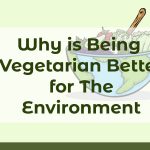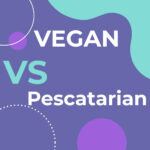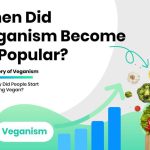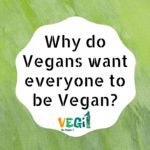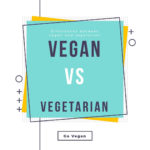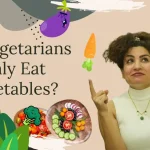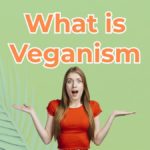Is Veganism Cruelty-Free? Exploring the Truth Behind this Lifestyle
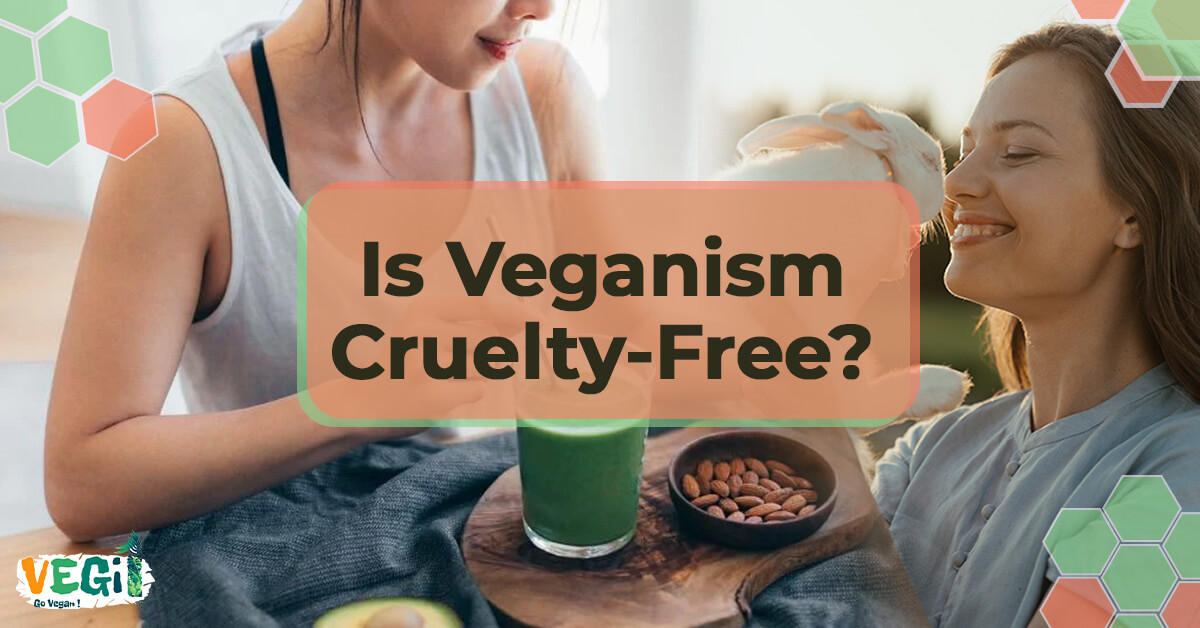
As a passionate vegan, I believe in the power of plant-based living to positively impact the world. For many of us, adopting a vegan lifestyle is driven by a desire to oppose the exploitation and cruelty inflicted upon animals for food, entertainment, beauty, and clothing. We strive to make choices that align with our values and minimize harm.
However, it’s important to recognize that the notion of veganism being completely cruelty-free is a myth.
In this article, we will delve into the complexities surrounding the concept of cruelty-free veganism and explore the various factors that challenge its claim.
In this article you will read:
Understanding Cruelty-Free and Vegan
Before delving into the debate, it’s crucial to understand the distinction between the terms “cruelty-free” and “vegan.” While these terms are often used interchangeably, they hold different meanings regarding animal welfare and ethical living.
Cruelty-Free:
The concept of cruelty-free refers to products that have not been tested on animals during their development and production processes. This term is commonly associated with cosmetics, personal care items, and household products, highlighting the avoidance of animal testing in these industries.
However, it’s important to note that being cruelty-free does not necessarily guarantee that a product is free from animal-derived ingredients.
Vegan:
On the other hand, veganism extends beyond avoiding animal testing and encompasses a lifestyle that excludes the consumption and use of animal-derived products. A vegan diet eliminates meat, poultry, fish, dairy, eggs, honey, and other animal-based ingredients. Also, a vegan lifestyle involves using clothing, cosmetics, and other consumer goods free of animal-derived ingredients or by-products.

Animal Agriculture’s Impact on Animals and the Environment
In a world dominated by factory farming, it’s time to shed light on the harsh realities animals endure.
Confinement practices, such as keeping animals in cramped spaces and cages, deprive them of the ability to express natural behaviors and inflict immense suffering. Additionally, cruel procedures like debeaking, tail docking, and castration are routinely performed without anesthesia, causing immense pain and distress.
Moreover, let’s not overlook the devastating environmental consequences of animal agriculture. The massive amounts of land, water, and resources required for feed crops and livestock contribute to deforestation, water pollution, and greenhouse gas emissions, exacerbating climate change. Acknowledging these realities urges us to seek a more compassionate and sustainable path.
The Power of Veganism in Reducing Animal Suffering
Choosing a vegan lifestyle is more than just a personal preference; it is a compassionate lifestyle that seeks to reduce animal suffering. By embracing veganism, we stand against animal exploitation and cruelty.
A plant-based diet offers countless benefits in reducing animal suffering.
It allows us to break free from the vicious cycle of animal agriculture and nourish our bodies with wholesome plant-based foods.
Moreover, a vegan lifestyle is no longer limited to bland salads and tofu.
The incredible variety and availability of vegan alternatives today make it easier than ever to embark on this compassionate journey.
From delicious plant-based meats and cheeses to delectable dairy-free desserts, a world of cruelty-free culinary experiences is waiting to be explored.
By opting for a vegan lifestyle, we not only positively impact our health but also champion the welfare of animals and contribute to a more sustainable planet.
Beyond the Plate: Embracing Ethics in Every Aspect of Vegan Living
When adopting a vegan lifestyle, we extend our compassion beyond our plates to encompass every aspect of our lives. It’s not just about what we eat but also about our choices in other areas, such as clothing and cosmetics.
The fashion and beauty industries have long relied on animal-derived materials like leather, wool, and silk and animal testing for cosmetic products. As vegans, we challenge the status quo by opting for ethical alternatives, such as cruelty-free and vegan-friendly clothing and cosmetics.
Choosing clothes made from sustainable plant-based materials and cosmetics not tested on animals sends a powerful message that we value all living beings and refuse to support industries that exploit them.
Opting for cruelty-free alternatives can align our values with our purchasing decisions and positively impact animal welfare. When it comes to clothing, for instance, we can choose garments made from plant-based fabrics like organic cotton, hemp, or bamboo instead of materials derived from animals like leather, fur, or silk. Similarly, in cosmetics, we can opt for brands that do not test their products on animals and are transparent about their ingredients.
Supporting cruelty-free brands and sustainable practices minimizes harm to animals. It sends a strong message to industries that ethical consumerism is rising.
Respecting All Beings: Veganism and Refraining from Exploiting Animals for Entertainment
As a vegan, I strongly believe in extending compassion to all living beings, including refraining from exploiting animals for entertainment. From circuses and zoos to marine parks and horse-drawn carriage rides, numerous forms of entertainment rely on the captivity, confinement, and forced performances of animals.
These practices often subject animals to stress, deprivation, and physical harm, undermining their natural instincts and well-being.
As vegans, we recognize the inherent rights of animals to live free from exploitation and choose to boycott such forms of entertainment that perpetuate their suffering.
Let’s continue striving for a future where entertainment does not come at the cost of animal suffering and where we can find joy in ethical and cruelty-free experiences.
Unintended Consequences of Veganism: Challenging the Notion of Cruelty-Free Veganism
Veganism is often associated with the idea of living a cruelty-free lifestyle.
Many vegans proudly display the “cruelty-free” label on their products, believing they make choices that do not harm animals.
While veganism aims to minimize cruelty towards animals, the reality is that achieving a completely cruelty-free existence is a complex endeavor. Recognizing the multifaceted nature of the food industry, supply chains, and the labor involved in producing vegan products is essential. By examining the arguments put forth by critics, we can gain a deeper understanding of the challenges and complexities surrounding the concept of cruelty-free veganism.
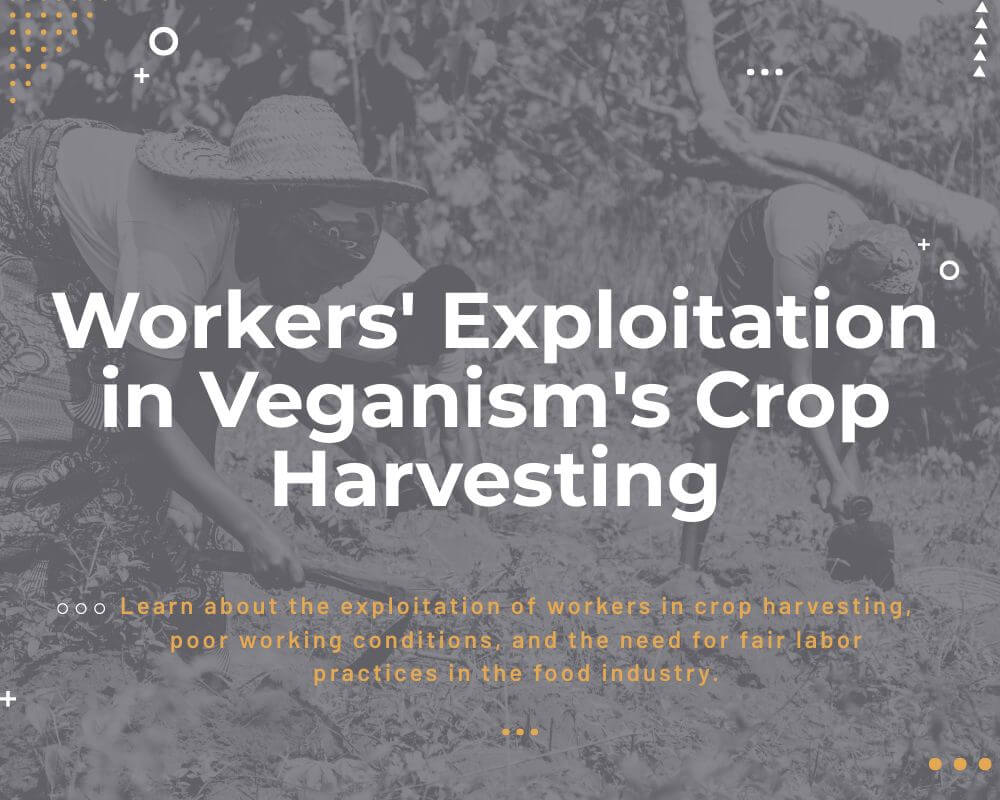
Learn about the exploitation of workers in crop harvesting, poor working conditions, and the need for fair labor practices in the food industry.
Workers’ Exploitation in Crop Harvesting and The Human Aspect of Cruelty
One of the key points raised by critics of veganism’s cruelty-free claim is the exploitation of workers involved in crop harvesting. The production of crops favored by vegans, such as quinoa, often involves poor working conditions, low wages, and even child labor. In countries where these crops are grown, labor rights may be lacking, leaving workers vulnerable to exploitation. The crops that form the foundation of vegan diets may be produced under conditions that violate human rights.
This issue is particularly prevalent in regions where vegan-friendly crops such as quinoa, soy, rice, and cashew nuts are cultivated.
While veganism aims to minimize cruelty to animals, it is essential to recognize that it doesn’t address the human aspect of cruelty within the food industry.
Thus, it is crucial to acknowledge that cruelty extends beyond animals and encompasses the workers who are often unseen and unheard in the process.
Social justice and fair labor practices must also be considered to create a truly ethical and cruelty-free lifestyle. Supporting initiatives and organizations that promote fair trade, worker rights, and sustainable agriculture can help address the systemic issues within the food industry.
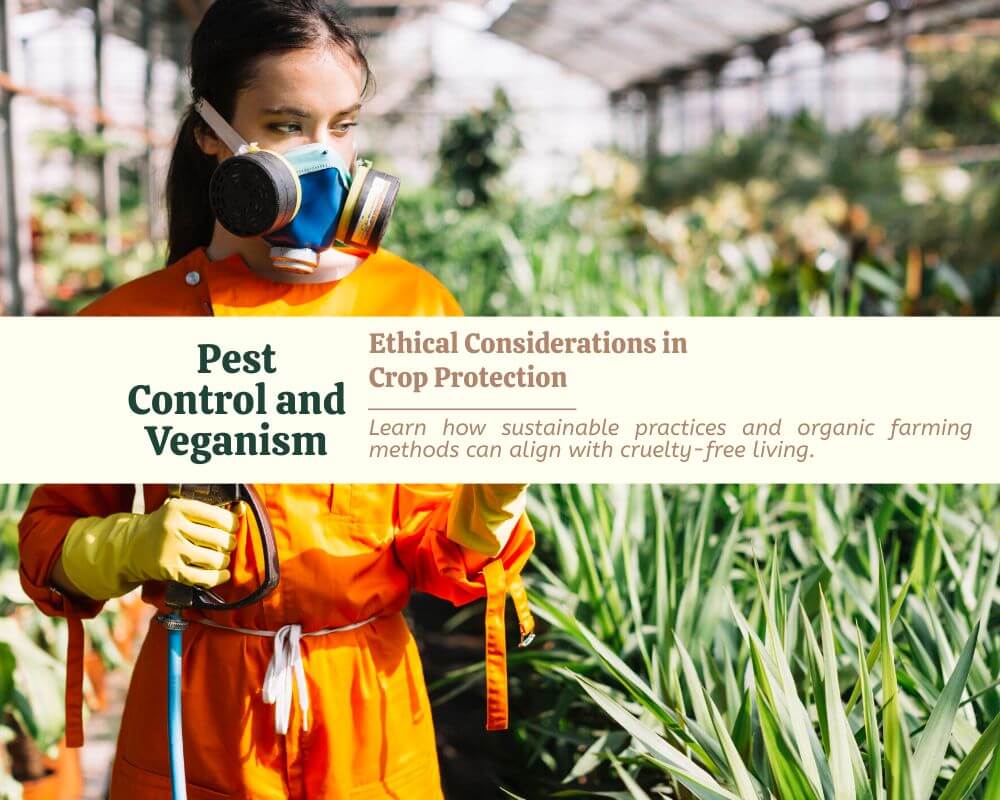
Pest Control and Crop Protection
Another aspect that challenges the cruelty-free image of veganism is using pesticides and pest control methods in agriculture.
While veganism promotes a lifestyle that avoids animal exploitation, it is crucial to acknowledge that pest control methods can inadvertently harm animals and insects.
Pesticides and other methods used to protect crops can harm ecosystems, including harm to insects, birds, and other wildlife. This raises ethical questions about the broader impact of vegan food production on the environment and non-human beings.
Addressing this issue requires a holistic approach focusing on sustainable agricultural practices, integrated pest management systems, and promoting organic farming methods.
By supporting organic and regenerative farming practices, we, as a vegan, can further align our choices with the principles of cruelty-free living.
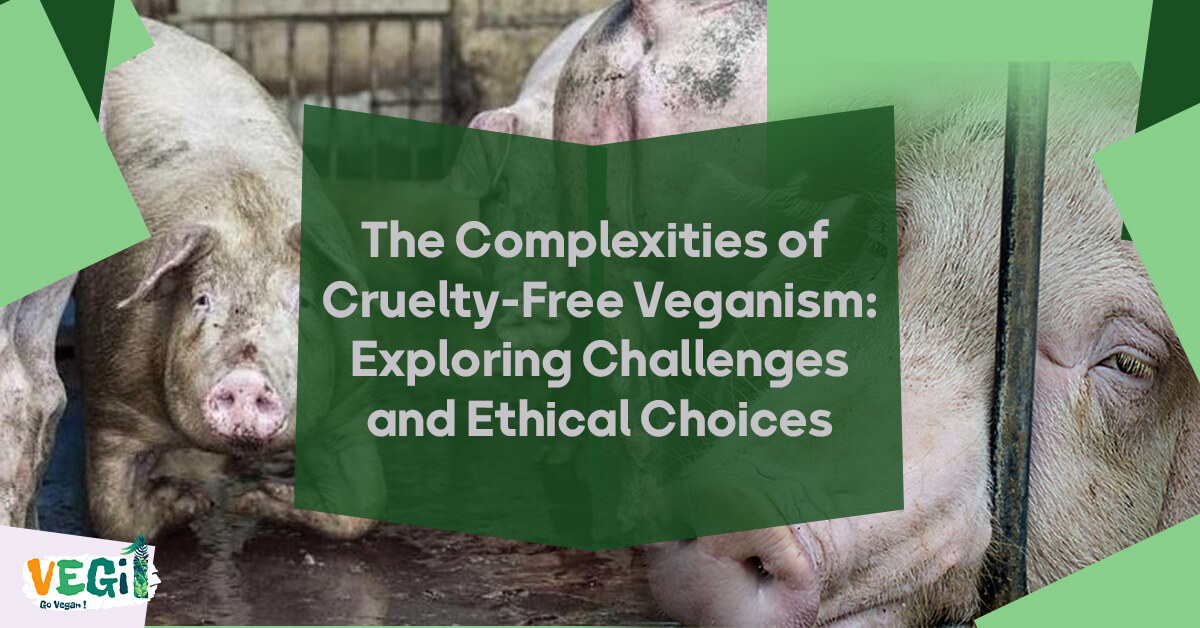
The Global Impact of Vegan Food Demand
The increasing global demand for vegan food has led to significant shifts in agricultural practices and supply chains. While this demand has undoubtedly contributed to positive changes, such as the availability of plant-based alternatives and the reduction in animal agriculture, it has also created challenges and unintended consequences.
For example, the surge in demand for crops like quinoa has adversely affected the communities that traditionally relied on it as a staple food. The increased international demand has increased prices, making it unaffordable for locals in regions like Bolivia.
This highlights the importance of considering the broader implications of food choices and supporting sustainable sourcing practices that prioritize the well-being of both humans and animals.
Striving for Cruelty Reduction and Ethical Choices
While veganism may not be entirely cruelty-free, it is essential to acknowledge its progress in raising awareness about animal welfare and driving changes in industries.
Veganism has prompted companies to offer more plant-based options and seek alternatives to animal testing in the beauty and personal care sectors. These efforts reduce animal suffering and move us closer to a more compassionate world.
By embracing veganism, you can reduce animal suffering, conserve the environment, and promote ethical values.
As vegans, we should continue striving to minimize harm and cruelty within our lifestyle choices.
This means not only considering the impact on animals but also being conscious of the broader implications, such as workers’ rights and environmental sustainability. By educating ourselves and supporting ethical and fair-trade practices, we can make more informed decisions and contribute to a more just and compassionate society.
To further align with the principles of cruelty reduction, you can consider the following steps:
- Support Fair Trade and Ethical Sourcing: Choose vegan products that adhere to fair trade principles and support brands that prioritize worker rights and fair labor practices.
- Promote Sustainable Agriculture: Look for products sourced from sustainable agricultural practices, such as organic farming and regenerative agriculture, to minimize environmental impact.
- Advocate for Systemic Change: Engage in advocacy efforts and support organizations working towards improving labor conditions, animal welfare, and sustainable food systems.
- Educate and Raise Awareness: Share knowledge and information about the complexities of veganism, encouraging others to make informed choices and consider the broader impact of their food and lifestyle decisions.
- Read Labels and Educate Yourself: Take a moment to read labels and be aware of hidden animal-derived ingredients. Some products may contain sneaky ingredients like gelatin, whey, or casein. Being informed helps us make conscious choices and avoid products that involve cruelty.
- Support Ethical Brands: Seek out brands and companies that prioritize animal welfare and sustainability. Look for certifications like “Certified Vegan” or “Cruelty-Free” to ensure your purchases align with your values. Supporting ethical brands encourages the industry to move towards more compassionate practices.
- Be Mindful of Ingredients: Keep an eye out for hidden animal products like gelatin, whey, and honey in packaged foods.
- Celebrate Progress: Even small steps towards cruelty-free choices make a difference. Celebrate your efforts and stay positive!
In conclusion
The rising popularity of veganism is a testament to our collective desire to oppose exploitation and cruelty.
As passionate vegans, we are committed to making choices that align with our values and strive to minimize harm in every aspect of our lives.
While achieving a completely cruelty-free existence may be challenging, it is crucial to acknowledge veganism’s progress in raising awareness and driving positive changes in industries.
We can reduce animal suffering by embracing veganism, contributing to a more sustainable planet, and promoting ethical values.
Throughout this article, we have shed light on the unintended consequences and challenges associated with veganism’s cruelty-free claim. The exploitation of workers in crop harvesting, the environmental impact of pest control and crop protection, and the global impact of vegan food demand are all aspects that demand our attention and consideration.
While veganism seeks to exclude animal-derived products and promote compassionate choices, being cruelty-free label refers explicitly to products that avoid animal testing but may still contain animal-derived ingredients.
The claim that veganism is entirely cruelty-free is a myth.
While the lifestyle strives to minimize animal harm, it is essential to acknowledge and address the challenges and complexities associated with producing vegan crops and the global food industry.
The exploitation of workers, environmental impact, and other factors challenge the notion of complete cruelty-free veganism.
Instead of striving for perfection, let us focus on continuous growth and improvement, always seeking to make choices that align with our values and minimize harm as much as possible.
As compassionate vegans, we must continually educate ourselves and strive for a more just and compassionate society. We can support fair trade and ethical sourcing, promote sustainable agriculture, advocate for systemic change, raise awareness, read labels, and support ethical brands. Doing so can contribute to a more compassionate world for animals, humans, and the planet.
So, is veganism cruelty-free?
It is a lifestyle that promotes compassion, ethical choices, and a commitment to minimizing harm.
We value your feedback and insights on this topic. Please share your thoughts and experiences in the comments below. Together, let’s continue to learn, grow, and evolve as we navigate the complexities of cruelty-free veganism and work towards a more compassionate future for all living beings.


